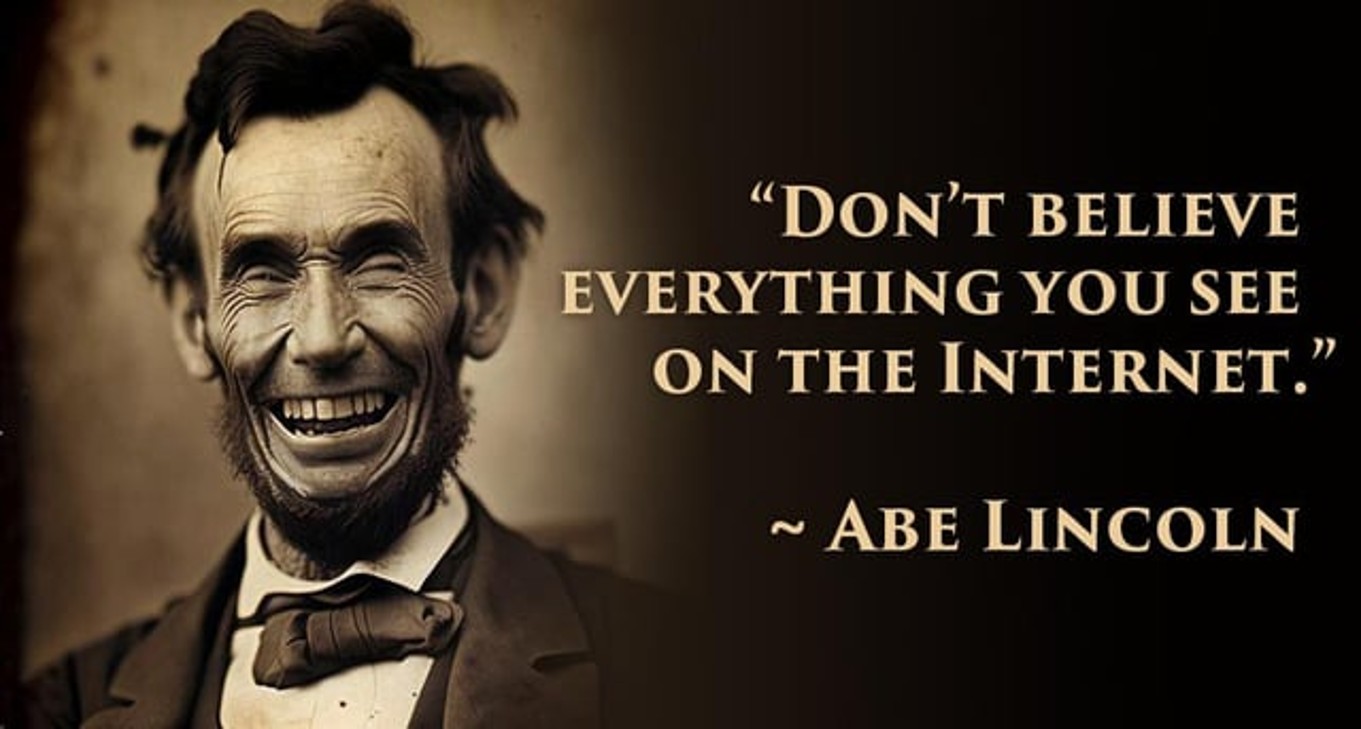
I clicked the other morning on Nicoo, the robot puppy, after seeing an ad on YouTube.
I was going to order it for my wife’s birthday but thought, just before clicking, is this real? So, I go and Google Is Nicoo legit? and immediately realised it’s not.
Later that morning, an email arrived saying that my Netflix account was on hold as payments weren’t processing. I clicked on the link and was about to enter my card details when I noticed the website was Netflicks and not Neflix, so I didn’t enter the details.
That afternoon, I got a message on Facebook from an old friend telling me that they were in deep trouble due to a traffic accident whilst on holiday. They were fine, but in hospital and their card didn’t work to pay the bill, could I help. Of course I would, if the old friend obviously wasn’t a fake.
By dinner time, I was winding down and got a WhatsApp message saying that I’d missed a delivery at home. That’s weird as I’d been at home the whole day. Again, just delete.
Finally, before retiring to sleep, there was an ad on Facebook telling me that Elon Musk and Donald Trump were both backing a new crypto movement called WTF. WTF? Oh, wtf.
All of this makes me incredibly suspicious of any internet and digital activity, which is a shame as digitalisation has improved our lives in so many other ways. Think of streaming and getting a taxi. Life is so much easier with digitalisation and yet it is equally far more dangerous with criminal activities from hacking to phishing to scamming to faking.
What this makes clear is that the age-old principles of caveat emptor and uberimma fides are still as strong as ever. Sorry if I’m teaching grandma to suck eggs, but caveat emptor – buyer beware – is the heart of everything you trade. Be sure the seller is good for the business and the contract is correct.
Equally, uberimma fides is a core principle of insurance which is really about seller beware. Insurance firms have to trust you that what you say is true which means, in practice, that they contract with you with utmost good faith, the meaning of uberimma fides.
These two principles don’t go away, a bit like banking has not gone away. People still need to save, invest, borrow and trade. This is why we should focus upon the core things that don’t change. I blogged about this the other day. The key is that we all still need to do banking – that doesn’t change – but what has changed is how we do banking which, today, is online and digital.
What gets me is that most of the world has focused upon delivering the products of banking - saving, investing, borrowing and trade – and missed the core principles of trading – caveat emptor and uberimma fides. There are 1000’s of fintechs enabling saving, investing, borrowing and trade, but hardly any that focus upon the princiles of trading. They should as these core principles are being abused more and more every single day. Fake products, fake relationships, fake news, fake everything.
This then leads to opportunities as, if these age-old principles are now being so abused by the laxness of the network, then we can create a whole new business providing confidence for buyers and sellers to trade online.
Finally, if you didn’t notice, these principles are phrases from Roman times as they are written in a 2,000 year old language called Latin.
Chris M Skinner
Chris Skinner is best known as an independent commentator on the financial markets through his blog, TheFinanser.com, as author of the bestselling book Digital Bank, and Chair of the European networking forum the Financial Services Club. He has been voted one of the most influential people in banking by The Financial Brand (as well as one of the best blogs), a FinTech Titan (Next Bank), one of the Fintech Leaders you need to follow (City AM, Deluxe and Jax Finance), as well as one of the Top 40 most influential people in financial technology by the Wall Street Journal's Financial News. To learn more click here...



